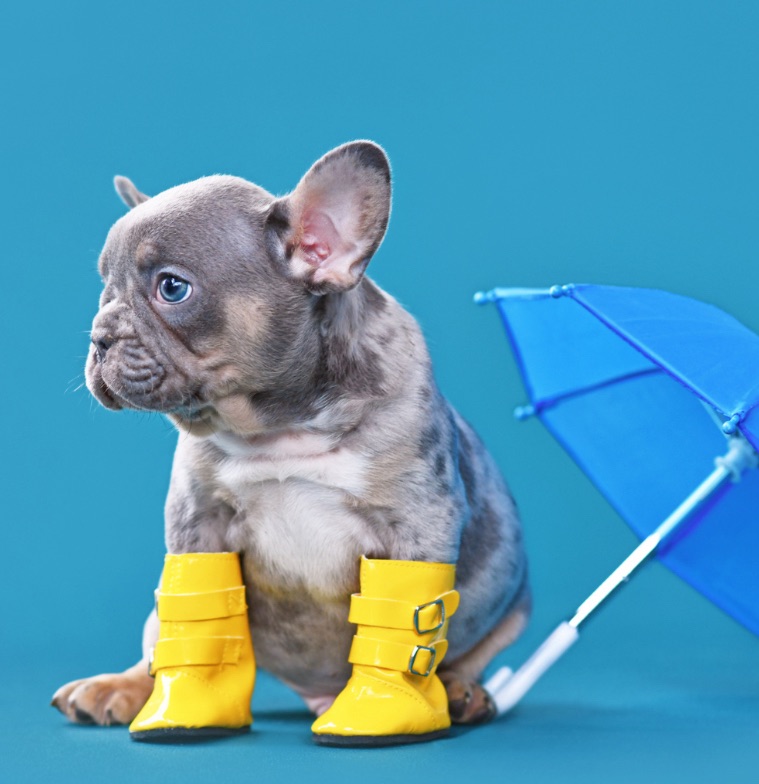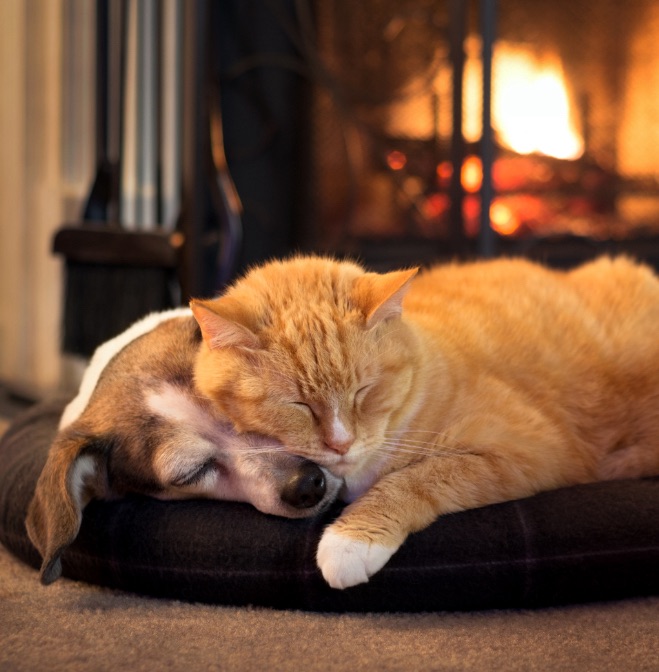Previous Post
How to Keep Your Cats and Dogs Warm During Winter
Posted on October 26, 2024 by Rachel Slack
As the cold weather approaches, it’s essential to ensure that your furry friends are comfortable and protected from the harsh winter elements. Both cats and dogs are susceptible to cold temperatures, and without proper care, they can suffer from health issues such as hypothermia, frostbite, or general discomfort. Here are some practical tips to help keep your pets warm and cozy during the winter months.
1. Provide Warm Shelter
The most important factor in keeping your pets warm during winter is ensuring they have a warm and cozy space inside your home. Even if your dog or cat loves spending time outdoors, the cold can be dangerous for them. Make sure they have a designated space indoors where they can relax and stay warm.
For dogs, consider adding a dog bed with a thick blanket or heating pad to their sleeping area. Cats love cozy spots, so give them a warm bed or a soft blanket to curl up on. Make sure the bed or blanket is placed in a draft-free zone away from windows or doors that might let in cold air.
2. Limit Time Outdoors
Although many dogs love playing outside, cold weather can be risky. Limit their time outdoors, especially when temperatures drop significantly. For short-haired or smaller breeds, consider putting on a dog sweater or jacket to provide additional warmth during walks.
For cats, it’s best to keep them indoors during winter, as their small size and thinner coats make them more vulnerable to the cold. If your cat is used to going outside, try to engage them with indoor toys and activities to help them burn off energy.
3. Watch for Signs of Cold
Pay close attention to your pet’s behavior when they’re outdoors. If your dog or cat is shivering, lifting their paws off the ground, or showing signs of discomfort, it’s time to bring them inside. Cats, in particular, may become lethargic or seek out warmer areas if they’re too cold.
Also, keep an eye on your pet’s paws. Ice, snow, and salt can be harsh on their sensitive pads, leading to cracking or irritation. You can protect their paws by using pet-safe boots or applying a paw balm before and after walks.
4. Ensure Proper Nutrition
Keeping warm in winter requires more energy, so it’s essential to feed your pets the right amount of food. For dogs that are more active outdoors in winter, they may require slightly more food to fuel their bodies. However, indoor pets that aren’t as active may need fewer calories to prevent weight gain. Consult with your veterinarian to determine the proper diet for your pet during the colder months.
5. Grooming for Warmth
Regular grooming is important for your pet’s comfort during the winter. Dogs with longer coats can benefit from brushing, as this helps prevent matting and allows their fur to insulate them properly. However, be cautious about over-trimming your dog’s coat during winter, as their fur acts as a natural barrier against the cold.
Cats, on the other hand, tend to groom themselves, but you can assist by brushing them to prevent their fur from becoming matted, which could affect their ability to stay warm.
6. Provide Extra Warmth for Older Pets
Senior pets, as well as those with health conditions like arthritis, may struggle more in cold weather. Consider adding extra warmth by placing a heated bed or blanket in their sleeping area. There are pet-safe heated pads designed to provide gentle warmth without posing a risk of overheating.
Winter can be a challenging season for pets, but with a few precautions, you can ensure your cats and dogs stay warm and comfortable. By providing adequate shelter, limiting time outdoors, maintaining proper grooming, and offering extra warmth, your furry friends will enjoy a cozy winter season by your side. Remember to always pay attention to your pet’s behavior and adjust your care routine as needed to keep them happy and healthy.
Share other tips with us for this winter in our Chat!
Explore More with My Military Lifestyle and Pets!
Next Post
Written by
More Military Life Posts










